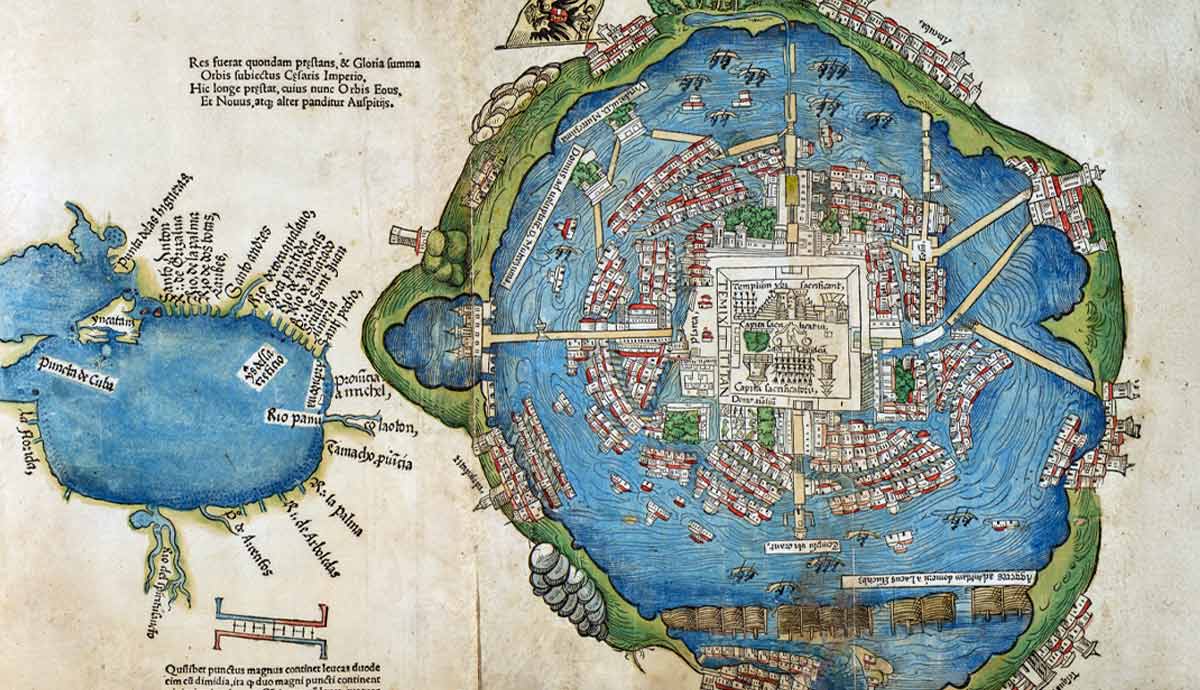
From the times of Hippocrates and Galen to the contemporary era of the Statistical Manual of Mental Disorders (DSM), depression, historically referred to as melancholia, has been recognized as a pervasive disorder of low mood. Critically, beyond ordinary “sadness,” depression often lacks an identifiable trigger or exhibits an intensity and duration disproportionate to any specific cause. Since the mid-twentieth century depression has been treated with drugs. However, in the context of modern society, depression is connected to a complex interplay of social factors that transcend mere biochemical explanations.
The Definition of Depression

Depression often begins with a strange sense of detachment. Persistent sadness, fatigue, low energy, changes in appetite, weight, quality of sleep. In severe cases, feelings of worthlessness progress, until one is left with the pain of existing and very little else.
The prevailing modern belief is that depression is caused by chemical imbalances in the brain – and can be treated by drugs. Effective treatment can also include lifestyle changes, exercise, and therapy. Yet in particularly acute cases, neither pharmacological nor therapeutic intervention works. An estimated 95 percent of people who commit suicide are also clinically depressed.
The hallmark symptoms of depression have been recognized for millennia. From Hippocrates (406-370BC) – who used the term “melancholia” – to the modern Diagnostic and Statistical Manual of Mental Disorders (DSM-5), the concept of depression is described in remarkably similar terms.
Melancholy and Humeral Theory

According to the Humeral Theory of Hippocrates, the equilibrium – health – of the human body depends on the four humors: phlegm, blood, yellow bile, and black bile. These vital bodily fluids, when imbalanced – either in excess or deficiency – caused sickness.
Hippocrates delineated melancholia – from the Greek melas (black) and khole (bile) – as a distinct disease with particular mental and physical effects. Aristotle wrote further on the dangers of black bile. Likening black bile to wine, he claimed that it provoked hypercondric diseases like melancholy, and was prone to ferment, producing depression and anger.
According to the Roman physician Galen (129-216 AD), moderate imbalances in the humors also produced behavioral patterns, or “temperaments” – melancholia being the prime example. Although Humoral Theory was disproved and supplanted by Germ Theory in the 1850s, the concept of melancholy, understood as a disorder of low mood, survived.
From Melancholia to Depression

The modern concept of depression finds its roots in the earlier concept of melancholia, which spans from ancient Greece to the physicians of the early modern period. Therefore, to trace the history of the term “depression” is to connect it to the history of melancholia. Thus, while depression is sometimes perceived to be a modern disease, the historical evidence suggests otherwise.
Through time many ideas about melancholia have taken root. Aristotle claimed that it was associated with men of learning and a natural hazard of intellectual brilliance. Melancholy was likewise seen as “fashionable” by many eighteenth-century artists and intellectuals. In 1917, Sigmund Freud linked melancholia to mourning, albeit arguing that in mourning the world becomes ‘poor and empty’ whereas in melancholia, ‘it is the ego itself.’ In the late nineteenth century, the terms melancholia and “depression” were largely interchangeable for a time. However, by the mid-20th century, depression more or less replaced the older word.
Anti-Depressants

As melancholia became depression, new treatments and new ways of seeing began to emerge. By the mid-1950s, anti-depressant drugs marked a significant breakthrough. However, early options like Tricyclics and MAOIs, marketed under brand names such as Norpramin and Nardil were plagued by a wide range of unpleasant side effects.
Then, in the 1980s, came the SSRI revolution. Selective Serotonin Reuptake Inhibitors, free from many of the side effects of the older generation of drugs, were hailed as miraculous “anti-depressants.” Yet, despite the success of this class of drugs, what was once a relatively small population treated for depression in the 1950s has ballooned into millions in the twenty-first century. Many attribute the proliferation of anti-depressants in the modern world to the prominence of aggressive, profit-driven pharmaceutical companies. However, while big pharma has effectively monetized depression, at the same time, for many people around the world, anti-depressants “work.”
Depression in the Modern World

According to the sociologist of depression, Alain Ehrenberg, since the 1950s, depression has undergone a transformation. No longer viewed in terms of psychic pain and melancholic anguish, it is increasingly understood as a “pathology of action”. To be depressed signifies one’s inability to engage in work and relationships and a lack of energy to function. In a society that prioritizes individual responsibility and entrepreneurial energy above all else, depression poses a serious problem.
Thus, while depression may well be caused by low levels of serotonin – a chemical imbalance in the brain – it is therefore unquestionably a social issue: why do some people have lower levels of serotonin than others? Amidst the stresses and uncertainties of modern life: rising inequality, the shifting nature of work, saturation of social life by technology, and increasing social isolation of the individual, depression manifests as a complex interplay of social factors that transcend mere biochemical explanations.










